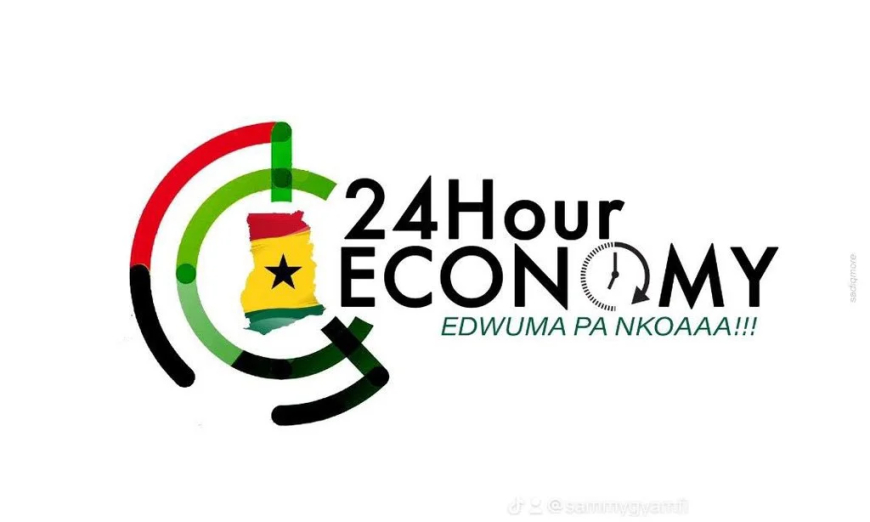No One Buys Just Because It’s from a 24-Hour Economy – Mark Badu-Aboagye
Mark Badu-Aboagye, CEO of the Ghana Chamber of Commerce and Industry, has cautioned that the 24-hour economy policy, while ambitious, will not automatically increase sales or economic activity. He stresses the need for strong demand, affordable utilities, and improved business fundamentals to make the model work.

Mark Badu-Aboagye, Chief Executive Officer of the Ghana National Chamber of Commerce and Industry (GNCCI), has raised serious concerns over the 24-hour economy initiative, arguing that it risks being ineffective if underlying economic issues are not addressed.
Speaking at a business forum in Accra, Mr. Badu-Aboagye said “no one buys just because it’s from a 24-hour economy,” emphasizing that consumer demand, not extended operating hours, is the true driver of sales and growth.
“Extending business hours will not automatically translate into economic success. We need to ask: do people have money to spend? Are the operating costs sustainable? Is power supply reliable and affordable?” he questioned.
The 24-hour economy proposal, largely championed by former President John Mahama as a job-creation strategy, has been met with mixed reactions from industry players. While some see it as an innovative way to boost employment and productivity, others — like Badu-Aboagye — believe it is premature in the face of high inflation, unreliable power, and limited access to affordable capital.
He argued that for such a system to succeed, “basic conditions like stable electricity, low interest rates, business-friendly policies, and market-ready infrastructure” must be in place. Without these, extending work hours may only lead to higher operational costs without a matching increase in profits.
Furthermore, Badu-Aboagye warned that forcing small businesses to stay open longer could place additional burdens on entrepreneurs already struggling to survive in Ghana’s challenging business environment.
He urged policymakers to prioritize economic fundamentals — such as boosting consumer purchasing power, stabilizing the cedi, and making credit more accessible — before pushing the private sector into 24-hour operations.
As debate continues, many Ghanaians are watching closely to see if the policy will evolve into a well-supported framework, or remain a lofty promise detached from the realities on the ground.
What's Your Reaction?





















































































